
Eleven-year-old Ali Jawad is a sixth-grader who is probably shorter than the rest of the boys in his class. But his eyes light up and he struggles to find an articulate answer when he is asked about his favourite topic from science textbooks he has studied at school.
He manages to mumble “I-have-read-so-many-things” to cover up his hesitation, which is perhaps because he has never had to think about this question before and perhaps because he did not expect being put on the spot.
But then the hint of curiosity — that essential ingredient for scientific inquiry and discovery — appears to kick in and the middle-schooler from the Islamabad Model College for Boys G-6/4 confesses his fascination for human body systems. The way the systems work, the various organs and basic anatomy among other things interested him, he said.
Jawad is not sure what he wants to be when he grows up, even though a future career path in biology or medicine would not be completely surprising, but on Thursday, he won the first prize in a science speech contest.
The contest was one among several inter-board national declamation and poster-making competitions held by the Pakistan Science Foundation (PSF) on Thursday and earlier during the year.

The PSF distributed awards among the winning students at a ceremony to commemorate the World Science Day for Peace and Development in collaboration with the United Nations Educational, Scientific and Cultural Organisation (UNESCO).
“It is very important to develop your sense of curiosity, to develop your sense of asking questions,” country director of UNESCO Pakistan Kozue Kay Nagata told the primary and middle school children who had gathered for the ceremony at the Islamic International University Islamabad auditorium.
Nagata urged the students to visit museums, such as the Pakistan Museum of Natural History in the capital, and see for themselves the exhibits that they would otherwise only get to see in books.
Quaid-e-Azam University Vice Chancellor Masoom Yasinzai tried to enlighten the students on the importance of science.
But the examples he quoted — the human genome project, nanotechnology, genetically modified foods, faster communication technologies and a potential cure for diabetes — were all related to concepts above the grade-level of the young students in the audience.
Nevertheless, Yasinzai said the PSF and the government should promote “credible science education” and scientific activities in schools and colleges.
The World Science Day for Peace and Development is celebrated each year on November 10. The proposal for the international day to celebrate science was first flouted by eminent Pakistani scientist Dr Ishfaq Ahmad in 1998. After three years of discussion, the day was ratified by the UN and linked with peace and development.
The theme of the 2013 international day was “Science for Water Cooperation”. Ahmad, who was the chief guest, said water is at the epicenter of sustainable development.
He said water is related to peace because an equitable and just distribution of water resources would eventually lead to peace. Ahmad said technology can be utilised in Pakistan to better manage and conserve the country’s water resources.
Nagata said water cooperation includes sharing of data, knowledge and innovation to distribute and manage water sustainably.
Published in The Express Tribune, November 22nd, 2013.





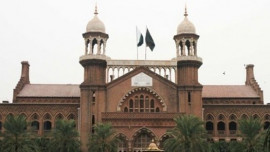
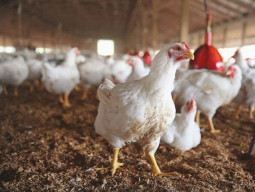
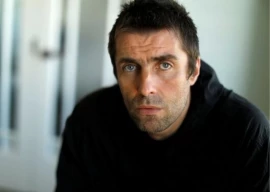
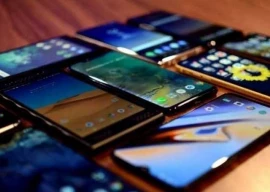
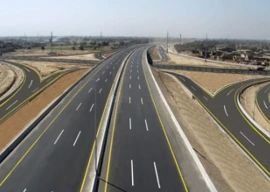
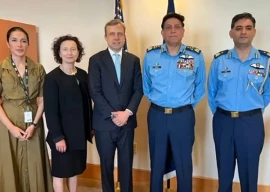



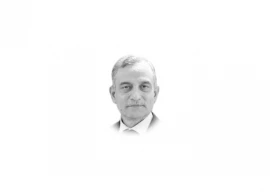


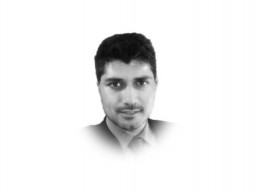
COMMENTS
Comments are moderated and generally will be posted if they are on-topic and not abusive.
For more information, please see our Comments FAQ